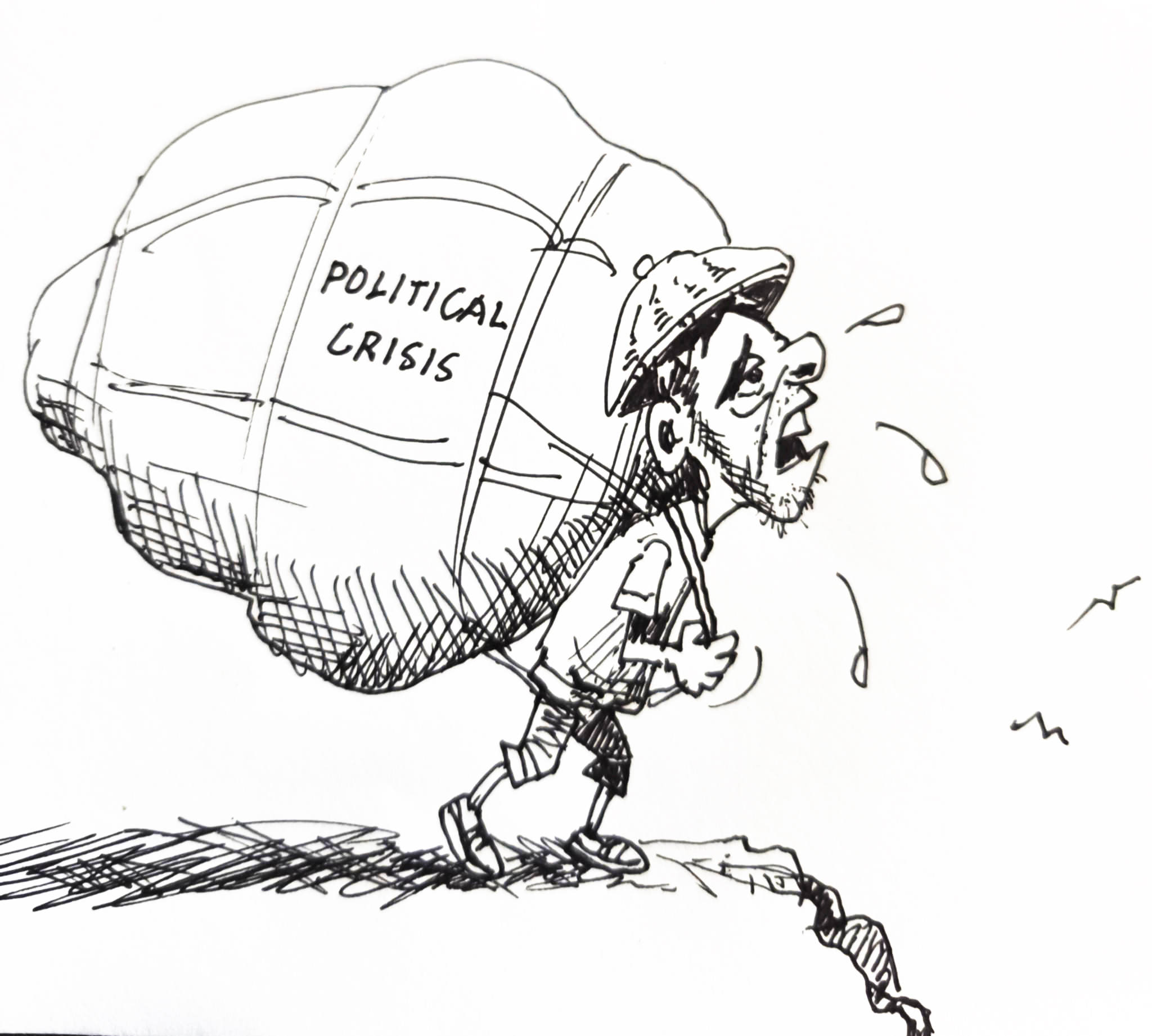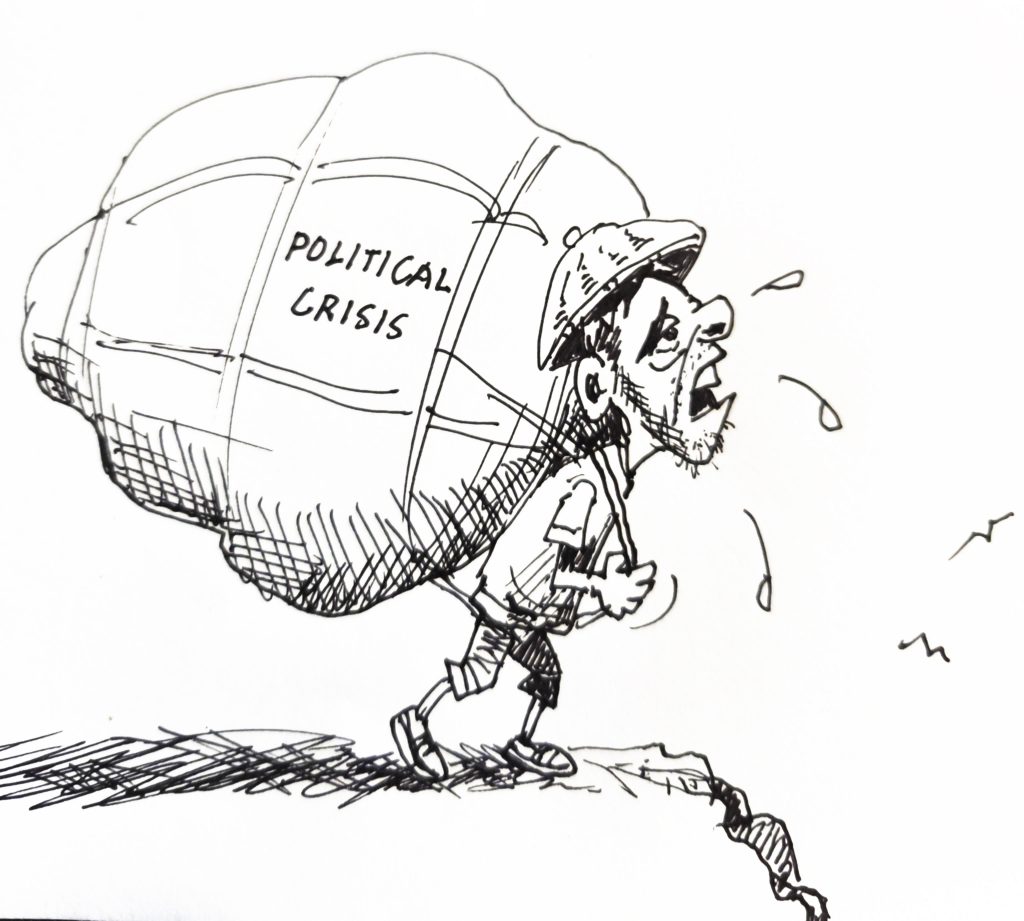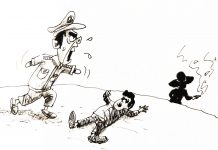While the country boasts a vibrant and engaged citizenry, the current political climate threatens to stifle dissent and undermine the very foundations of its democratic system. This necessitates a critical examination of the underlying issues and a call for urgent action to restore stability and genuine progress.
Political discourse now has become increasingly acrimonious, with little room for constructive dialogue or compromise. This division is exacerbated by the spread of misinformation and disinformation, often amplified through social media platforms. The resulting lack of trust in institutions and political leaders further undermines the stability of the nation, making it difficult to address pressing issues such as poverty, corruption, and climate change.
The prevailing landscape contributes to the instability. While the Philippines has experienced periods of economic growth, the benefits have not been evenly distributed. Widespread poverty and inequality further fuel social unrest and create fertile ground for extremist ideologies. The government’s political policies need to be re-evaluated to ensure inclusive participation that benefits all segments of society, not just a privileged few.
The weakening of checks and balances within the government threatens democratic governance. The tainted judicial independence and the increasing influence of powerful vested interests raise serious concerns about the rule of law. These developments undermine public trust and create an environment where corruption can thrive.
The political situation in the country demands immediate and decisive action. Addressing the issues of polarization, economic inequality, and weakened institutions requires a multi-pronged approach involving government reforms, civic engagement, and a commitment to inclusive and just society. The future of the nation hinges on the ability of its leaders and citizens to work together to overcome these challenges and build a more stable and prosperous society.





